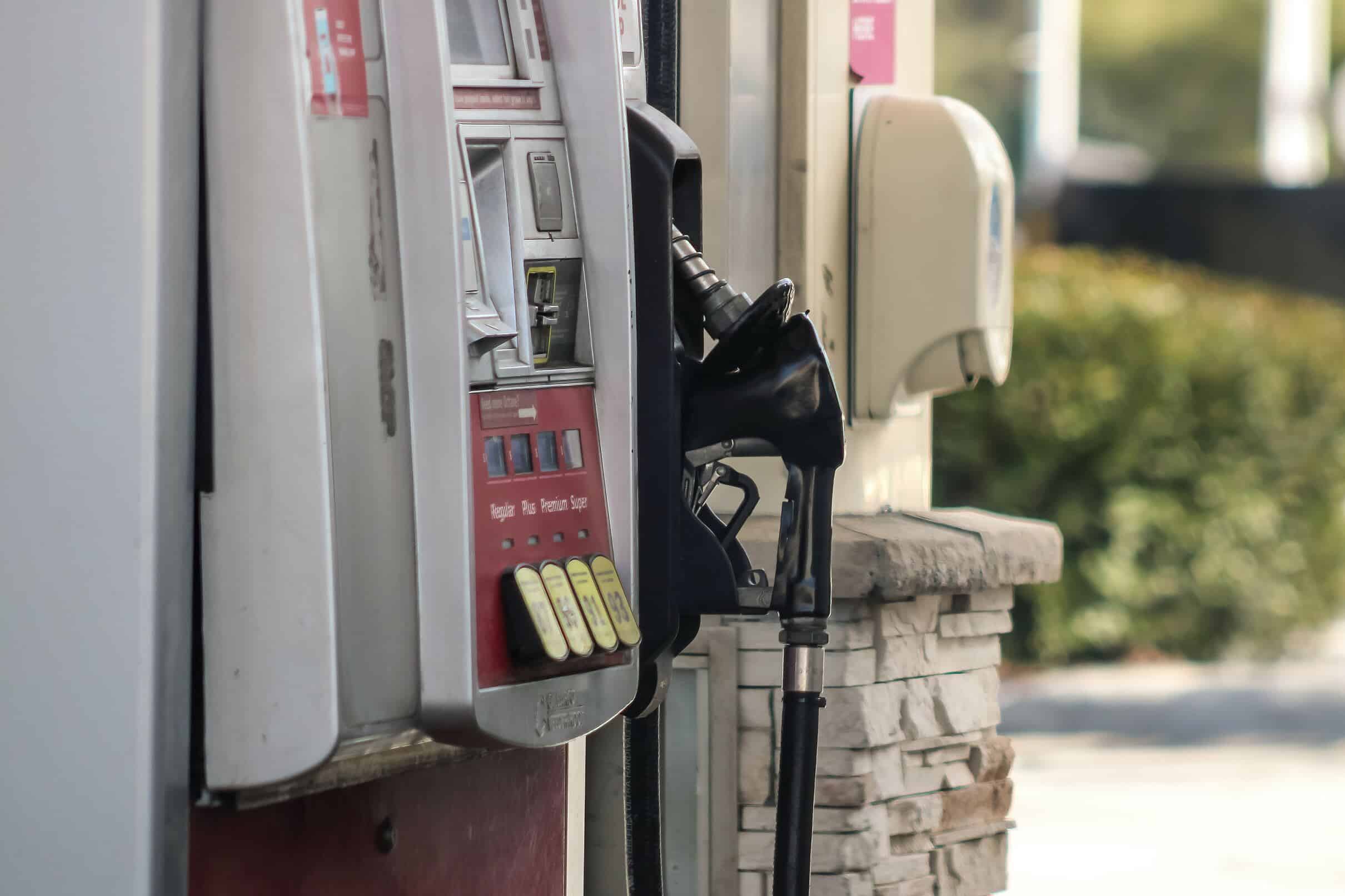Introduction
Drivers still paying the price despite global drops. The price of fuel has long been a contentious issue for drivers across the UK. Despite global fluctuations and drops in oil prices, motorists continue to face the burden of high fuel costs. Even as international markets experience downward trends, the relief doesn’t seem to trickle down to the pumps.
The global oil market is highly volatile, influenced by geopolitical tensions, production quotas set by oil-producing nations, and shifts in demand. In recent years, we’ve witnessed considerable drops in oil prices due to a variety of factors, including oversupply and reduced demand amid the COVID-19 pandemic. However, the benefits of these decreases haven’t been fully reflected in what consumers pay at the pump. Will UK Fuel prices drop?

Taxation Policy
One of the primary reasons for this discrepancy is the taxation policy surrounding fuel in the UK. Fuel duty, a significant component of the price drivers pay, remains a fixed amount per litre regardless of fluctuations in oil prices. As such, even when oil prices plummet globally, the government’s share through taxation remains constant, limiting the extent of relief felt by consumers.
Moreover, the additional factor of value-added tax (VAT) further compounds the issue. VAT, currently set at 20% for fuel, is calculated based on the total cost, including the fuel duty. This means that any decrease in the price of oil is not directly proportional to the reduction in the pump price due to the fixed percentage VAT.
Fuel Price Disparity
The disparity in fuel prices across the UK adds another layer of complexity. Remote and rural areas often face higher prices due to increased transportation costs. This discrepancy not only affects individual drivers but also impacts businesses that rely on transportation, ultimately leading to inflated prices for goods and services.
The continuous rise in fuel prices places a significant strain on household budgets, especially for low-income families and those heavily reliant on their vehicles for work or essential activities. It can lead to tough choices for individuals, potentially impacting their ability to afford necessities or causing them to cut back on other expenditures. The prices will differ massively, depending on what car you’re driving for your daily commute. If you’re driving something like a Range Rover Sport, it might be worth considering something like the Volkswagen Tiguan.
Implications
The implications of high fuel prices extend beyond the individual level; they also have wider environmental and economic consequences. Increased fuel costs might discourage the adoption of more fuel-efficient vehicles or alternative modes of transportation, hindering efforts to reduce carbon emissions and combat climate change.
In response to the escalating concerns, there have been calls for the government to reassess its taxation policies on fuel. Advocates argue for a more dynamic approach that adjusts fuel duties in line with fluctuations in oil prices. Such a strategy could provide relief to consumers during periods of high oil prices while ensuring consistent revenue for the government over the long term.
Measures to Help
Additionally, there have been proposals for targeted subsidies or support programs aimed at assisting vulnerable groups affected by high fuel costs. These measures could help alleviate the immediate financial burdens faced by those most impacted while larger policy changes are considered.
Looking ahead, advancements in technology and the growing shift towards electric vehicles (EVs) offer a potential solution to mitigate the reliance on traditional fuel sources. The government’s commitment to phasing out petrol and diesel cars by 2030 signifies a move toward a greener future. However, the transition to EVs requires substantial infrastructure investment and supportive policies to ensure accessibility and affordability for all.
Fuel Efficiency: Tips to Save Fuel and Extend Mileage

1. Driving Habits and Techniques
- Smooth Acceleration and Deceleration: Discuss the impact of aggressive driving on fuel consumption and advocate for gradual acceleration and braking techniques.
- Maintain a Consistent Speed: Emphasise the benefits of maintaining a steady speed for better fuel economy, especially on highways.
2. Vehicle Maintenance
- Regular Servicing: Stress the importance of timely maintenance, including oil changes, air filter replacements, and tire checks, to ensure the vehicle operates efficiently.
- Proper Tire Inflation: Highlight the role of correctly inflated tires in reducing fuel consumption and improving mileage.
3. Efficient Driving Conditions
- Avoid Idling: Explain how idling consumes fuel unnecessarily and provide tips on minimising idling time.
- Plan Efficient Routes: Encourage planning routes to avoid traffic congestion and unnecessary detours.
4. Utilising Vehicle Features
- Use of Air Conditioning: Discuss the impact of air conditioning on fuel consumption and suggest strategies for efficient usage.
- Cruise Control on Highways: Highlight the benefits of cruise control in maintaining a consistent speed and saving fuel on long drives.
5. Load Management
- Reduce Excess Weight: Discuss the impact of carrying unnecessary weight on fuel efficiency and recommend decluttering the vehicle.
- Roof Racks and Aerodynamics: Explain how roof racks and modifications affect aerodynamics and consequently, fuel consumption.
6. Alternative Transportation Options
- Public Transport and Carpooling: Advocate for using public transport or carpooling whenever feasible to reduce individual fuel usage.
- Cycling or Walking Short Distances: Encourage alternative modes of transport for short trips to save fuel and promote physical activity.
Conclusion
The issue of high fuel prices in the UK remains a multifaceted challenge, impacted by global market dynamics, taxation policies, and regional disparities. While global drops in oil prices might offer temporary relief, structural changes in taxation and concerted efforts to promote alternative transportation solutions are essential for sustainable, long-term solutions. Addressing these challenges requires a comprehensive approach that considers both immediate relief for consumers and a strategic shift towards more sustainable energy practices.
Here at Choose My Car, we strive to deliver the most up-to-date news to our readers, to ensure nobody is caught off-guard. We recommend buying a fuel efficient used car, now more than ever!




